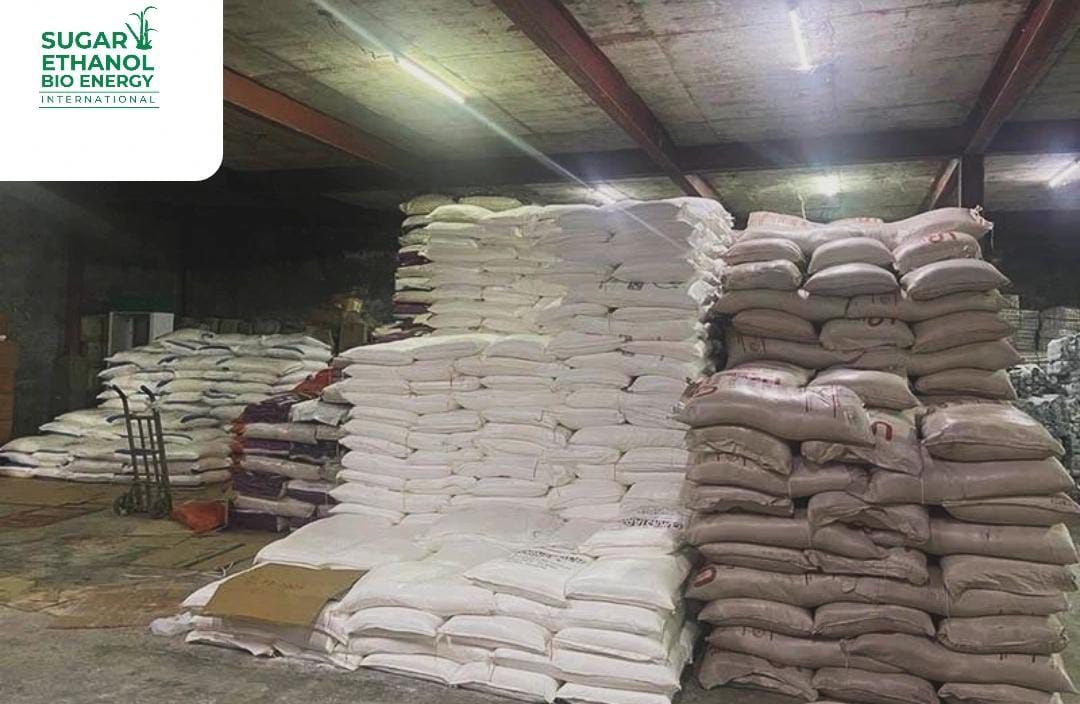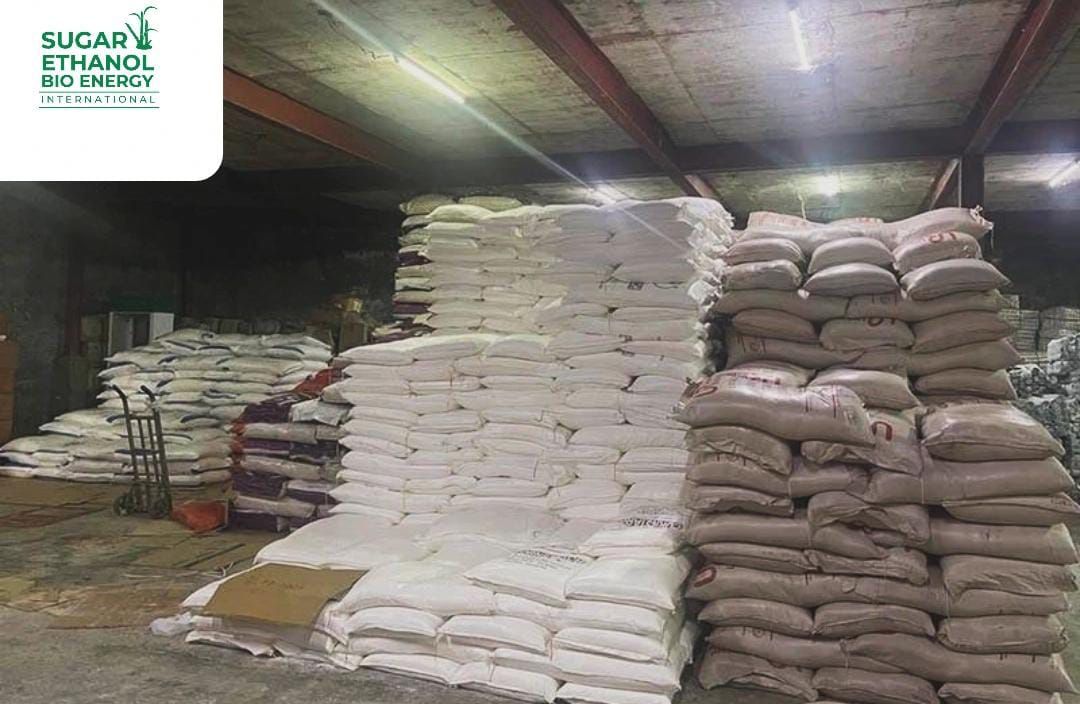
The Confederation of Sugar Producers (Confed) has called on the Sugar Regulatory Authority (SRA) to urgently intervene in the sugar market, citing alarmingly low millgate sugar and molasses prices that threaten the viability of sugarcane farmers and producers.
According to Confed, offers being made to sugar mills for raw sugar at the millgate have dropped to levels barely above—or even below—the cost of production. Molasses, a key by‑product used in ethanol and other industries, has also witnessed a steep decline in price. Farmers and millers warn that this squeeze is unsustainable: when inputs such as fertilizers, fuel, and labor rise, such low selling prices leave producers with negligible margins or outright losses.
Import pressures & cheaper alternatives: Imported sugar and refined sweeteners are reportedly undercutting domestic raw sugar prices, compressing margins for local producers.
Supply‑demand distortions: Despite falling production in some regions (due to weather, pests, etc.), retail sugar prices remain stable, suggesting that price declines are borne mainly at the raw sugar (millgate) end.
Lack of buffer mechanisms: Without strong reserve or buffer stock mechanisms, downward price volatility hits farmers hardest.
In other jurisdictions, similar industry associations have made analogous arguments. For instance, in the Philippines, CONFED claimed cheaper imports are dragging domestic millgate sugar prices downward, spurring calls for preferential treatment of local sugar production.
To counter the slide, Confed has proposed that the SRA adopt proactive measures: Voluntary procurement or buffer stock scheme
The SRA could purchase raw sugar in limited volumes to stabilize millgate prices—holding some in reserve to prevent market gluts. Similar ideas have been floated elsewhere.
Investigate price manipulation
Confed urges a thorough probe into whether unfair practices or collusion are suppressing offers to farmers, as some recent price trends defy basic supply-demand logic.
Restrict or regulate imports
Tighter regulation or phased import quotas could protect domestic producers from drastic price undercutting by foreign suppliers or refined sugar.
Link molasses/ethanol pricing to cane costs
Since molasses is channelled into ethanol production, adjusting its floor prices in proportion to cane prices could provide upward support. In India, industry bodies have already urged aligning ethanol procurement prices with cane costs.
In other sugar markets, regulators have adopted limited purchase-of-reserve schemes to buffer price volatility.
The SRA in one region has backed an investigation into millgate price drops when offers fell to as low as P2,400 per 50-kg bag—below what many farmers claimed as cost thresholds.
In India, the government recently hiked the Fair & Remunerative Price (FRP) of sugarcane by 4.41 % to incentivize farmers amid projected production drops. Also, the Indian government imposed a 50% export duty on molasses to discourage overseas sales and conserve domestic supply. If low prices persist, many smallholders may stop cultivating sugarcane or switch to more lucrative crops. Mills may struggle to pay cane dues in time, causing distress in rural economies.
Downstream sectors (like ethanol, distilleries) may face raw material shortages or cost unpredictability. Confed has urged the SRA to act swiftly, warning that delays will magnify losses and undermine trust in regulatory institutions. The group insists that any intervention must be transparent, targeted, and calibrated so that benefits reach farmers—not just intermediaries or large traders. “We are facing a situation where input costs are rising while millgate and molasses prices are collapsing. This trend is unsustainable. Unless the SRA intervenes decisively, many farmers may abandon sugarcane altogether,” one Confed leader said during a press briefing.



